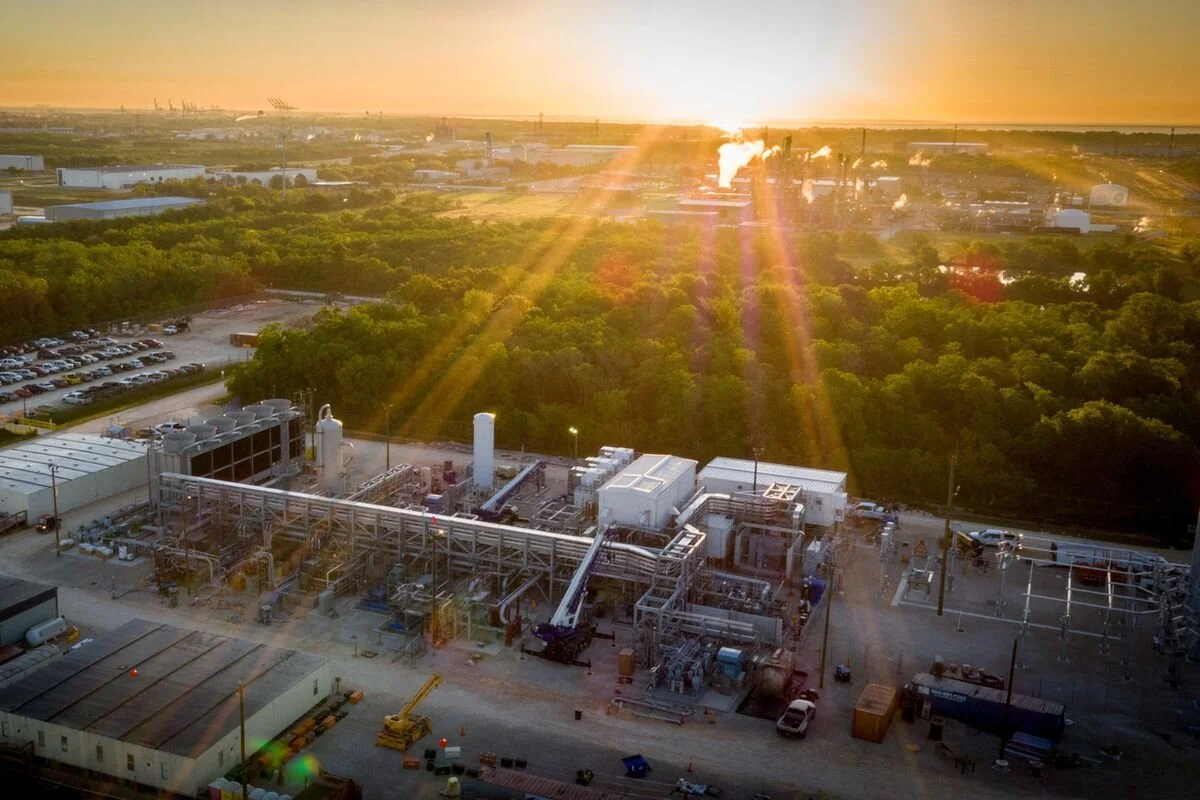We Should Panic about Climate Change Like It’s the Coronavirus
The Coronavirus outbreak and climate change both threaten human existence on a global scale. The good news is that they both have the potential to be mitigated. For instance, had world leaders issued a mandatory quarantine for their countries before the Coronavirus became a global pandemic, the spread could have been slowed and possibly avoided. The underlying issue is that most people decided to take action against the Coronavirus after it became a worldwide problem. I do believe that for the most part the world will return to the way it once was after this is over. However, the same does not apply for climate change: if we wait to act until it affects our every-day lives, there will be no return to normalcy. Climate change consists of many irreversible consequences which will have a negative effect on the planet. It is important to understand what is causing climate change and why it is important to act now before it’s too late.
Plenty of statistics show that climate change is a real and serious issue. Since 1880, the average global temperature has increased by 1.9 oF, and 19 of the 20 warmest years on record have occurred since 2001 (1). Carbon dioxide levels in the air are at their highest in 650,000 years (1). One of the leading contributors to climate change and global warming is the Greenhouse Effect. It begins when the sun radiates heat energy towards the Earth. The Earth’s surface absorbs a portion of this heat and then radiates some of it back towards outer space. Greenhouse gases can be thought of as an invisible wall in the atmosphere that traps enough of the Earth’s radiated heat to sustain life. Some examples of greenhouse gases include water vapor, carbon dioxide, methane, and ozone (2). The Greenhouse effect itself isn’t what’s necessarily causing global warming: it’s the increased amount of greenhouse gases in the atmosphere due to the increased use of fossil fuels such as oil, coal, and natural gas. As more greenhouse gases are emitted, the invisible wall gets bigger and more heat is consequently trapped inside the atmosphere, causing Earth’s overall temperature to rise.
The problem with increasing global temperatures is that some species can not adapt to this change and will therefore become extinct, which results in an overall loss of biodiversity in many different ecosystems. Biodiversity is important to humans especially because it allows us to improve our knowledge base and ensure that the sustainable use of resources forms part of our social and economic system (3). As biodiversity is lost, we lose reliable access to food, water, air and other valuable resources (4). In addition, if biodiversity is destroyed before it is studied thoroughly, scientists lose the opportunity to discover new medicines and understand our world (3). An example of a species threatened by global warming is polar bears in the Arctic. The gradual increase in temperature is causing their sea ice habitat to melt, resulting in them drowning. Polar Bears were listed as a threatened species in the U.S. under the Endangered Species Act in 2008 (5).
It is encouraging to see politicians fighting to implement policies to combat climate change. One of the most notable is the Green New Deal: a proposal that calls on the federal government to expedite the transition from fossil fuels to clean energy in order to reduce greenhouse gas emissions across the economy (6). It is also intended to guarantee new high-paying jobs in clean energy industries (6). The Green New Deal is a Democratic ideal introduced by Representative Alexandria Ocasio-Cortez and Senator Edward J. Markey (6). However, most members of the Republican party oppose this initiative mostly because they simply do not believe in climate change. President Trump has consistently mocked climate change as a hoax and has removed the United States from the Paris Agreement on climate change in 2017 (7). This action proves that he is not only ignorant of the legitimacy of the climate crisis but also the impending consequences. The left versus right political debate should not be about the legitimacy of the climate crisis, but rather about different methods of achieving a common goal.
The Coronavirus outbreak can serve as a learning opportunity for us to take action against issues like climate change before they become severe, especially since some of the consequences of climate change are permanent. Most countries only took action against the Coronavirus when it became a worldwide issue. Had people taken precautions to stop the spread before it became a global pandemic, the outbreak could have been mitigated or even prevented. The same is true for climate change; we must take action now before it begins to affect every-day life. If we wait any longer to act, we will share a similar fate to the polar bears in the Arctic, drowning due to rising sea levels.
References:
NASA. Global Climate Change: Vital Signs of the Planet. National Aeronautics and Space Administration. [Online] [Cited: March 31, 2020.] https://climate.nasa.gov/.
Australian Government: Department of Agriculture, Water, and the Environment. Greenhouse Effect. [Online] [Cited: March 31, 2020.] https://www.environment.gov.au/climate-change/climate-science-data/climate-science/greenhouse-effect.
Heywood, V. H. Global Biodiversity Assessment. Cambridge : Cambridge University Press, 1995.
Shaw, Julie. Why is Biodiversity Important. Conservation International. [Online] November 15, 2018. [Cited: April 18, 2020.] https://www.conservation.org/blog/why-is-biodiversity-important.
World Wildlife Foundation. Polar Bears. [Online] [Cited: April 18, 2020.] https://www.worldwildlife.org/species/polar-bear.
Friedman, Lisa. What Is the Green New Deal? A Climate Proposal, Explained. The New York Times. [Online] February 21, 2019. [Cited: April 18, 2020.] What Is the Green New Deal? A Climate Proposal, Explained.
Friedman, Lisa. Trump Serves Notice to Quit Paris Climate Agreement. The New York Times. [Online] November 4, 2019. [Cited: April 2, 2020.] https://www.nytimes.com/2019/11/04/climate/trump-paris-agreement-climate.html.





